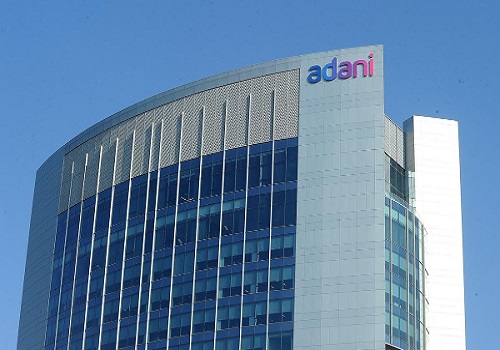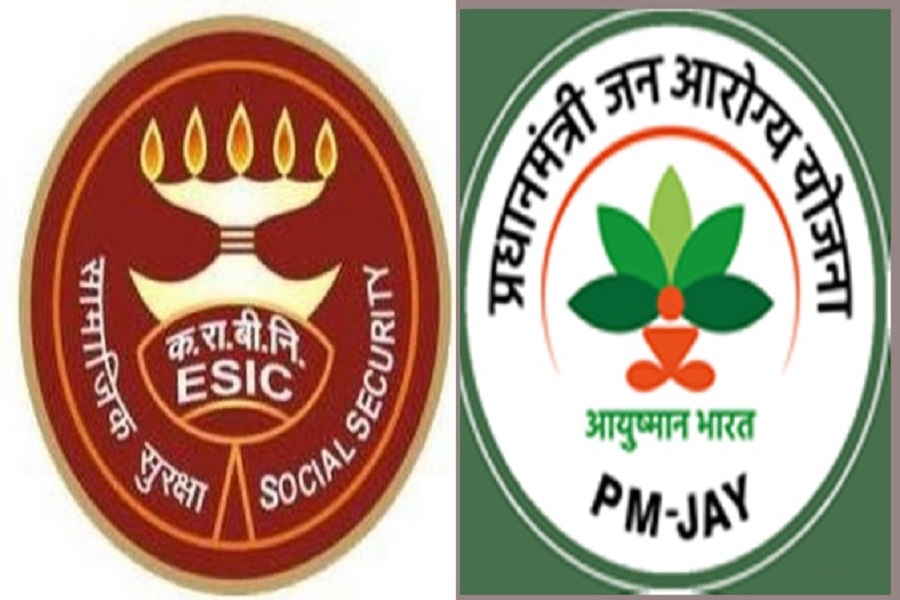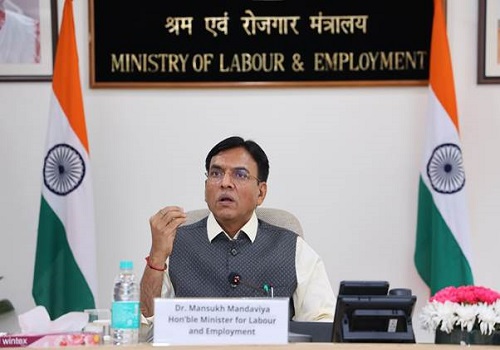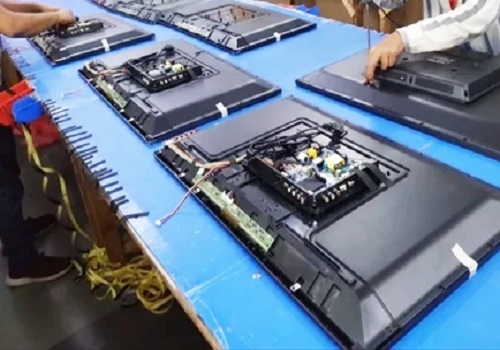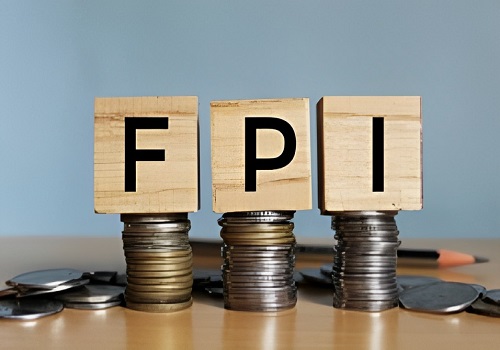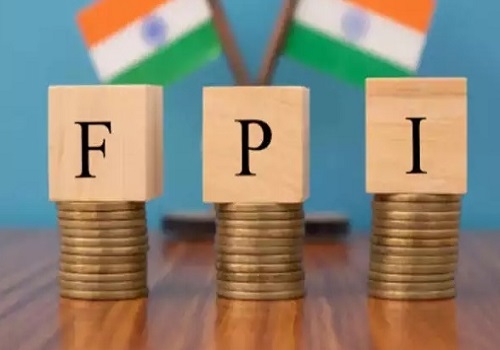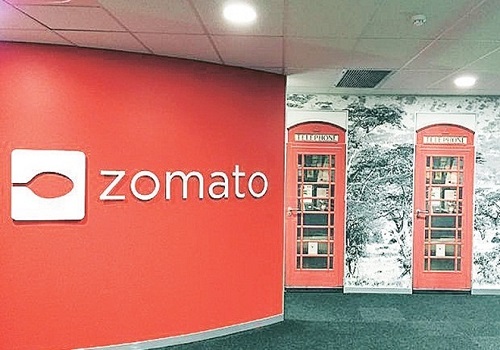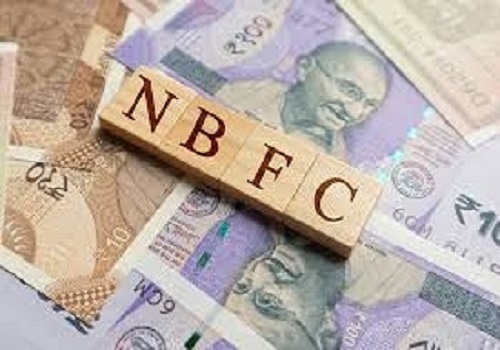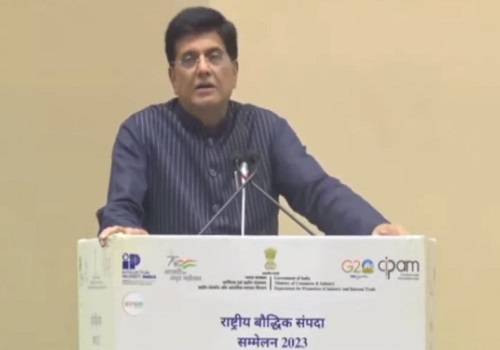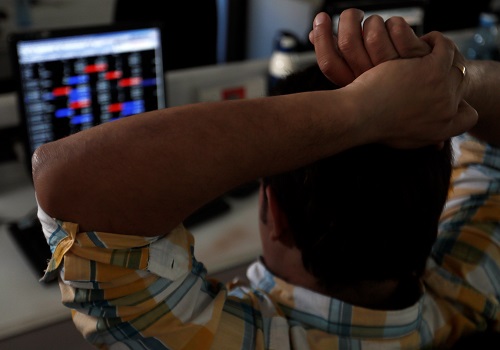After tomatoes, onion prices hit the sky in Uttar Pradesh
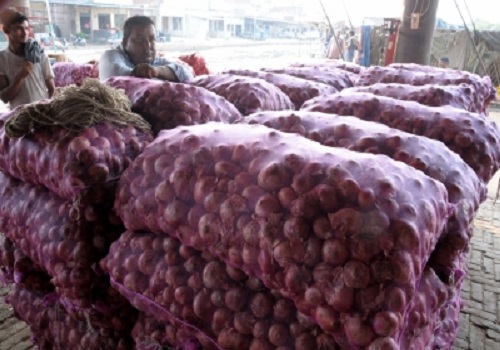
Follow us Now on Telegram ! Get daily 10 - 12 important updates on Business, Finance and Investment. Join our Telegram Channel
After tomatoes, it is now onions that are burning a hole in the pockets of consumers in the festive season.
The prices of onions in the retail market have doubled in the past one week, going from Rs 30-35 per kg to Rs 60-80 per kg.
This is the second time in the last four months that onion prices are spiralling after August, when the staple had crossed Rs 100 mark. It has further put strain on the kitchen budget following the steep hike in tomato prices just a few months ago.
This increase in onion prices is making it tough for families and restaurants as they prepare for the upcoming festivities. Traders are worried that prices might continue to rise in the coming months.
There are several reasons for the high onion prices.
According to wholesalers, inclement weather earlier this year, with a heatwave and irregular rain, has led to a poor onion crop, resulting in higher wholesale onion prices.
Pappu Sonkar, a dealer at Sitapur Mandi, explained, “We are currently getting only 20-30 truckloads of onions in the local market. A recent strike by onion traders in a neighbouring state also disrupted the supply, leading to a hike in prices.”
The impact of rising onion prices is especially hard on families who are already struggling to make ends meet.
Several restaurants have already removed onions from the salad plates while street food sellers have also cut down on the use of onions.
Najmul Hasan, who runs a restaurant in the old city, said, “The increasing onion prices are putting a lot of pressure on our business. Onions are a significant ingredient in our non-vegetarian dishes, and when their prices rise, it affects the quality of our food. Unlike bigger restaurants, we cannot charge extra for salads and onions, and this is making it hard for us to stay profitable.”


